The Complete Basic Electricity & Electronics Course
Loại khoá học: Engineering
Learn how Electricity, Electronic Components and Circuits work. Join over 5,000 happy students!
Mô tả
WHAT'S IN IT FOR YOU?
Knowledge of Electricity and Electronics is extremely valuable nowadays!
Electronic circuits are everywhere, from computers and smartphones, to home appliances and cars. Think of all the everyday objects that are becoming “smart”... in the future, most of the things that we own will contain some electronics. Jobs in electronics are in high demand and well paid in almost every country!
Building electronic products is incredibly rewarding, whether you do it professionally or just as a hobby. There is just something different and exciting about designing something physical that can be hold in one’s hand and that interacts with the outside world, and today it has become incredibly easy to get started thanks to cheap development boards such as the Arduino and Raspberry Pi, combined with the right knowledge.
Differently than what happens in other disciplines, knowledge of Electronics does not become obsolete, but it is always current as it is intimately connected to physics and to the fundamental laws of nature. Hence, while new components and chips might come along every year, the fundamental principles of Electronics always stay the same.
WHAT'S DIFFERENT ABOUT THIS COURSE?
While most of the material and courses available online tend to be high-level and focused on applications (for instance, it shows students how to connect components on a breadboard to create a circuit), the goal of this course is to explain the fundamental concepts of Electricity and Electronics, to allow you to fully understand how circuits work. Every topic is addressed starting from the first principles of the underlying physics and fundamental laws, and only later the acquired knowledge is used to explain how to design more complex circuits for different applications.
WHAT WILL YOU LEARN?
Fundamental concepts of Electricity (Current, Energy, Voltage, Power)
Most important electronic components (Resistor, Capacitors, Diodes, etc)
The main laws governing currents and voltages in circuits (Ohm’s law, Kirchhoff’s laws, etc)
Interface with Microcontrollers (coming soon)
ANY PREREQUISITE?
This is an introductory course about the theory of Electricity and Electronics, so no previous knowledge is required. To get the best out of the lessons, students should be comfortable with some basic arithmetic as I will often write and solve equations, in particular when analyzing simple circuits. Understanding a bit of physics can help too, but it is not required. Most importantly, no special hardware or software is required.
Bạn sẽ học được gì
Understand the concept of electric Voltage and Current
Understand how the most important electronic components work
Analyze and design basic electronic circuit
Yêu cầu
- Desire to learn how electronic components and circuits really work
- No hardware, software or components are required
- Basic arithmetic and physics
Nội dung khoá học
Viết Bình Luận
Khoá học liên quan

Đăng ký get khoá học Udemy - Unica - Gitiho giá chỉ 50k!
Get khoá học giá rẻ ngay trước khi bị fix.

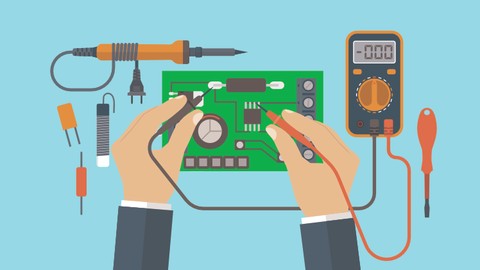
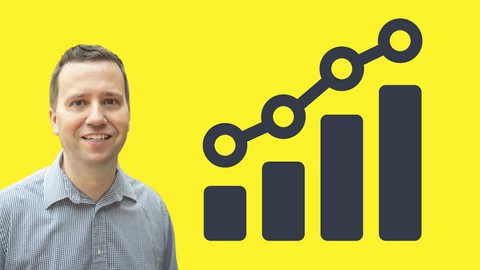
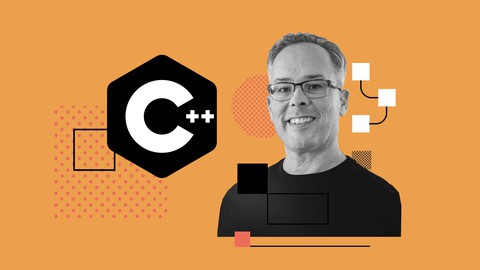


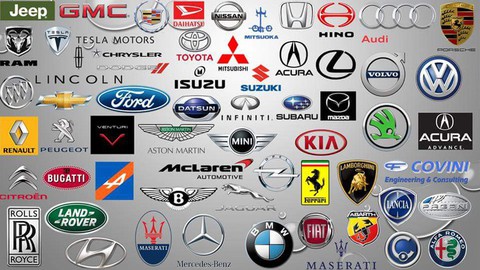
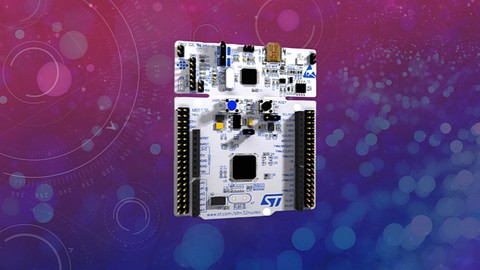
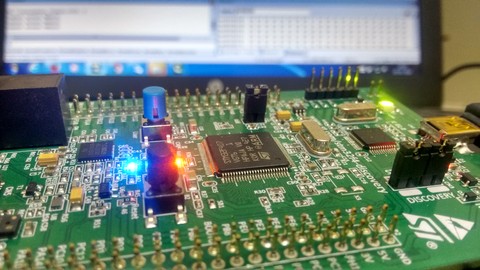


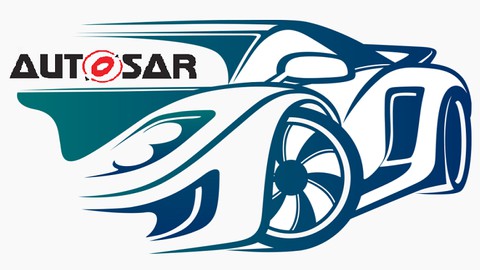

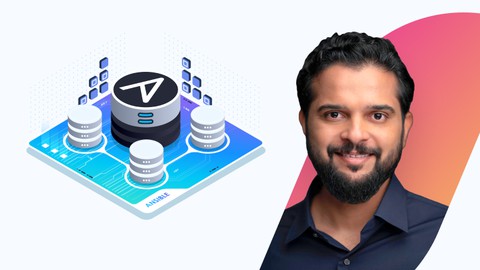


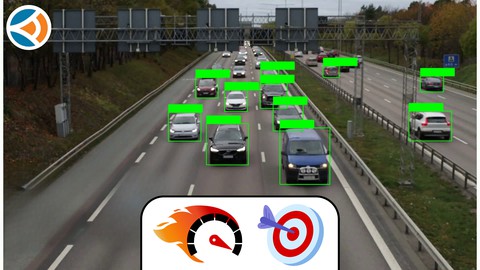

Đánh giá của học viên
Bình luận khách hàng